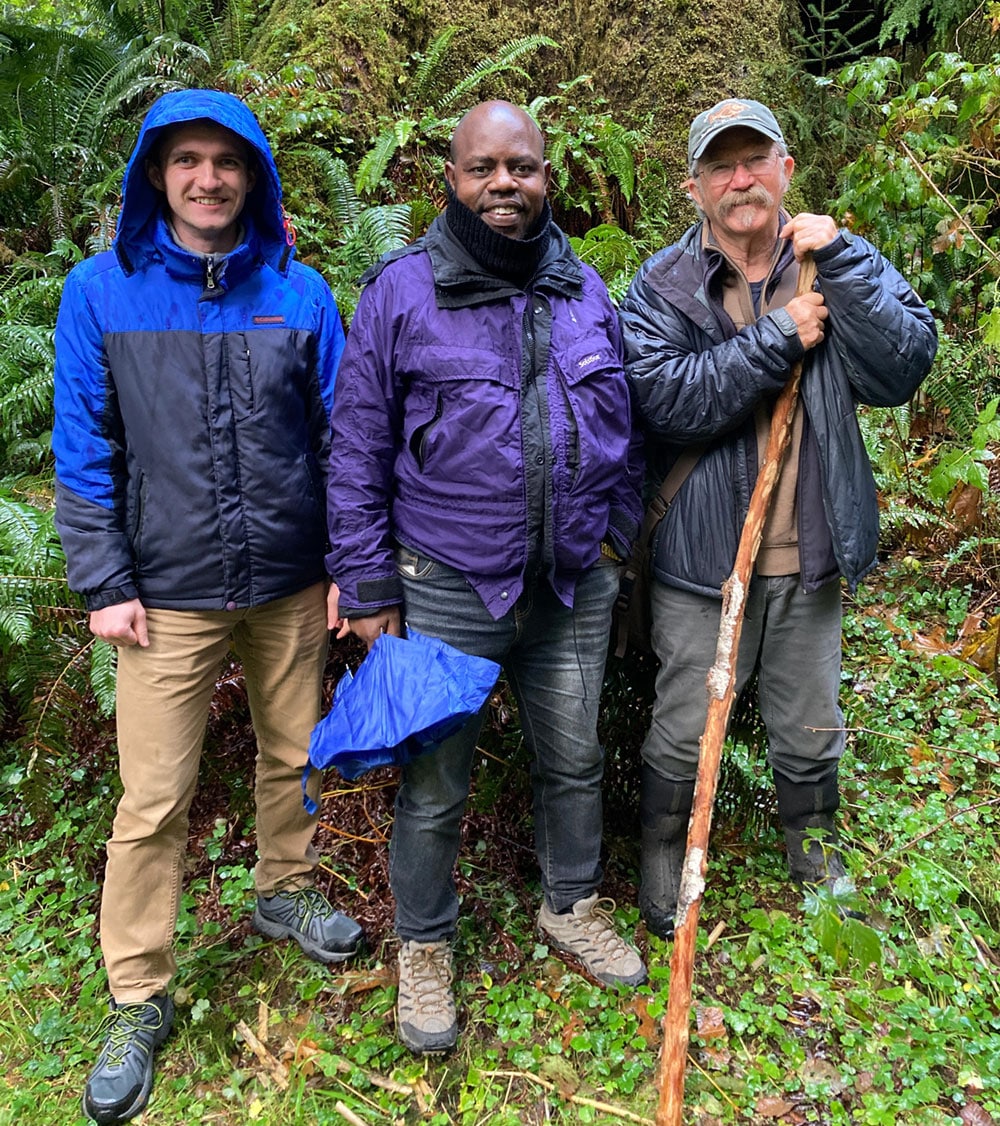2017
South America
Colombia
Economics
Ecosystem Services
Indigenous Peoples
Mining
Coal mining
Water Resources
Rivers
Although the initial coal-mining operations were authorized in 1983, which makes them and subsequent modifications (including the proposed modification to expand operations by diverting Arroyo Bruno) exempt from the current legal framework requiring and governing environmental impact assessment (in accordance with the transitional legal framework contemplated in Law 99 of 1993), the Constitutional Court determined that the impacts of the stream-diversion project have not been sufficiently assessed to guarantee the affected communities’ rights to water, food, and health. The Court concluded that there are several uncertainties regarding the social and environmental impacts of the stream-diversion project and the potential threats they pose to the affected communities’ rights to water, food security, and health due to the authorities’ failure to adequately identify or estimate relevant variables before authorizing the stream-diversion project. Thus, the Court upheld a lower court’s injunction suspending activities related to the stream-diversion project until the following orders are complied with by a judicially created Inter-Institutional Workgroup composed of governmental and non-governmental actors: (1) ensure the participation in said Workgroup of civil society and academic actors that intervened in the judicial proceedings; (2) identify and assess the uncertainties related to the stream-diversion project in order to establish the measures that should be adopted; (3) within a month of notification of this sentence, develop a detailed schedule of the activities to be carried out, as well as the specific actor responsible for carrying out each activity, in order to identify and assess the uncertainties related to the stream-diversion project; (4) in case the Workgroup determines the stream-diversion project is environmentally viable, incorporate the conclusions resulting from its technical study of uncertainties into Cerrejón’s Integral Management Plan so that Cerrejón adopts measures to prevent, mitigate, control, compensate, and correct environmental and social impacts.

